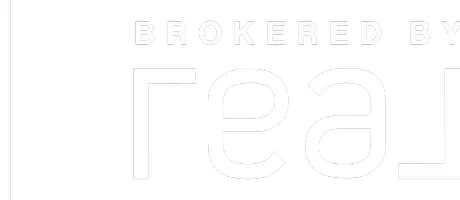76. Home Safety and Legal Responsibilities of Landlords Ensuring home safety and understanding the legal responsibilities of landlords are crucial for maintaining a safe and harmonious living environm
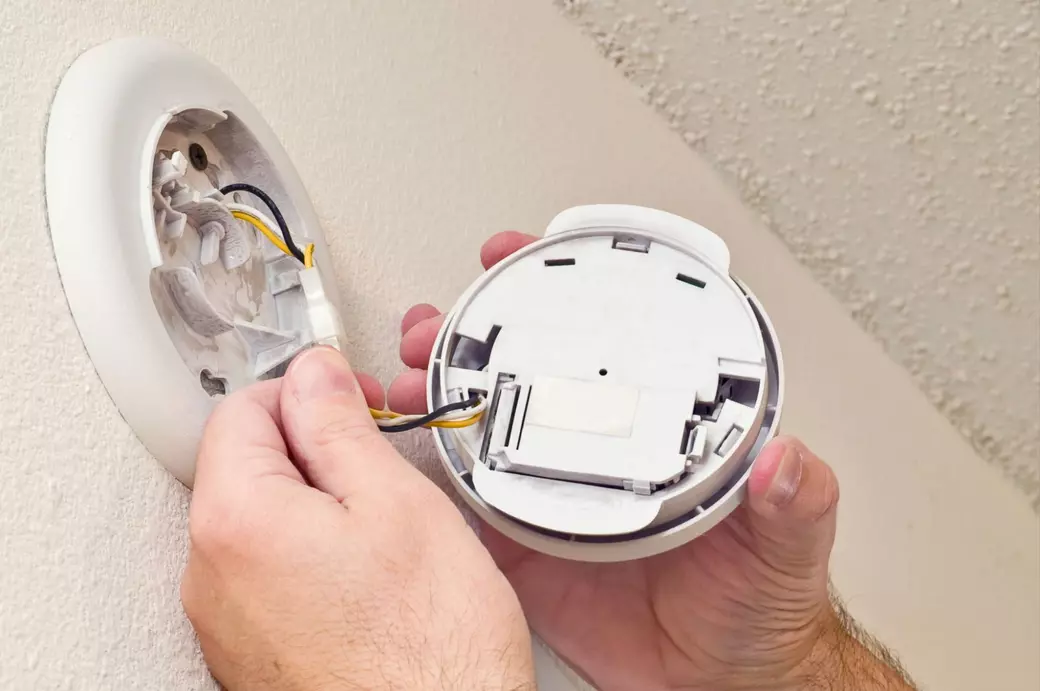
Home Safety and Legal Responsibilities of Landlords
Ensuring home safety and understanding the legal responsibilities of landlords are crucial for maintaining a safe and harmonious living environment for tenants. Landlords play a vital role in providing housing that is safe, comfortable, and compliant with local laws. Here's a comprehensive guide to help landlords fulfill their responsibilities effectively:
Home Safety Responsibilities
- Maintain a Safe Environment
- Structural Safety: Landlords must ensure that the property is structurally sound. Regular inspections should be conducted to identify and repair any issues such as cracks in the walls, roof leaks, or unstable foundations. A structurally sound property ensures the safety of tenants.
- Secure Locks and Windows: All doors and windows should have secure locks to prevent unauthorized access. Ensure that all entry points are easily accessible in case of an emergency while maintaining security.
- Electrical Safety: Electrical systems should be regularly inspected by a qualified electrician. Address any faulty wiring, exposed wires, or overloaded circuits to prevent electrical fires and accidents.
- Fire Safety: Install and maintain smoke alarms and carbon monoxide detectors in accordance with local regulations. Provide tenants with fire extinguishers and ensure that emergency exits are clearly marked and accessible. Regularly test fire safety equipment to ensure it is functioning properly.
- Plumbing and Gas Safety: Ensure that plumbing systems are in good working order to prevent leaks and water damage. Gas appliances and heating systems should be serviced annually by a qualified professional to prevent gas leaks and ensure they operate safely.
- Outdoor Safety: Maintain outdoor areas by ensuring pathways are clear of debris, steps are stable, and handrails are secure. Adequate outdoor lighting should be provided to enhance safety and security.
- Regular Inspections
- Routine Checks: Conduct regular inspections of the property to identify and address potential safety issues. Schedule inspections at appropriate intervals and provide tenants with advance notice.
- Safety Checklist: Use a safety checklist during inspections to ensure all areas of the property are reviewed. This includes checking for leaks, testing smoke alarms, examining the electrical system, and inspecting outdoor areas.
- Emergency Preparedness
- Emergency Plan: Provide tenants with clear instructions on what to do in case of an emergency, such as a fire, natural disaster, or gas leak. Ensure that emergency exits are clearly marked and accessible at all times.
- Contact Information: Provide tenants with emergency contact information, including the landlord's phone number, local emergency services, and utility companies.
- Pest Control
- Preventive Measures: Take preventive measures to keep the property free from pests. This includes sealing entry points, maintaining cleanliness, and conducting regular pest inspections.
- Professional Services: If a pest infestation occurs, hire professional pest control services to address the issue promptly. Inform tenants of any pest control treatments and provide necessary instructions.
Legal Responsibilities
- Compliance with Safety Codes
- Local Regulations: Landlords must comply with local safety codes and regulations, which may include installing smoke alarms, carbon monoxide detectors, and fire safety measures. Familiarize yourself with local building codes and ensure the property meets all requirements.
- Regular Updates: Stay informed about any changes in safety codes and regulations. Make necessary updates to the property to remain compliant with current laws.
- Providing an Energy Performance Certificate (EPC)
- Energy Efficiency: In some regions, landlords are required to provide an EPC that details the energy efficiency of the property. This certificate helps tenants understand the property's energy performance and potential energy costs.
- Obtaining an EPC: Hire a qualified assessor to conduct an energy assessment and provide an EPC. The certificate must be provided to tenants before they sign the lease agreement.
- Protecting Tenant Deposits
- Deposit Schemes: Landlords must protect tenant deposits in a government-approved scheme. This ensures that the deposit is safe and can be returned to the tenant at the end of the tenancy, subject to any deductions for damages or unpaid rent.
- Deposit Information: Provide tenants with information about the deposit protection scheme, including how their deposit is protected and how to retrieve it at the end of the tenancy.
- Right to Rent Checks
- Legal Requirements: Landlords must verify that tenants have the legal right to rent the property. This may involve checking identification and immigration status. Failure to conduct these checks can result in legal penalties.
- Documentation: Keep copies of relevant documents, such as passports and visas, as evidence of the right to rent checks. Ensure that these checks are conducted for all adult tenants.
- Providing Essential Information
- "How to Rent" Checklist: In some regions, landlords are required to provide tenants with a "How to Rent" checklist, which outlines tenants' rights and responsibilities. This document ensures that tenants are informed about their legal rights and how to navigate the rental process.
- Legal Documents: Provide tenants with all necessary legal documents, such as the lease agreement, EPC, and deposit protection information.
- Fair Rent Practices
- Market Rates: Charge a fair rent based on market rates and the property's condition. Avoid arbitrarily increasing the rent without proper notice and justification.
- Rent Increases: Follow legal procedures for rent increases, including providing tenants with the required notice period. Ensure that rent increases are reasonable and in line with market trends.
- Eviction Process: Adhere to legal procedures for eviction, providing valid reasons and obtaining a court order if necessary. Avoid unlawful evictions and respect tenants' rights.
Tenant Responsibilities
- Paying Rent on Time
- Timely Payments: Tenants are responsible for paying rent on time according to the lease agreement. Late payments can result in penalties and potential eviction.
- Maintaining the Property
- Cleanliness: Tenants should keep the property clean and undamaged. Regular cleaning and proper waste disposal are essential for maintaining a healthy living environment.
- Reporting Issues: Tenants must report any maintenance issues or safety concerns to the landlord promptly. Early reporting allows the landlord to address problems before they escalate.
- Adhering to the Lease Agreement
- Compliance: Tenants should adhere to the terms and conditions outlined in the lease agreement. This includes respecting noise levels, following pet policies, and seeking permission for any modifications to the property.
Conclusion
Ensuring home safety and understanding the legal responsibilities of landlords are essential for creating a safe and comfortable living environment for tenants. By maintaining the property, complying with safety codes, and providing necessary information, landlords can foster a positive landlord-tenant relationship and avoid potential legal issues. Tenants, in turn, should be aware of their rights and responsibilities to ensure a harmonious living arrangement. By working together, landlords and tenants can create a safe, comfortable, and legally compliant living environment. Happy renting!
Categories
Recent Posts



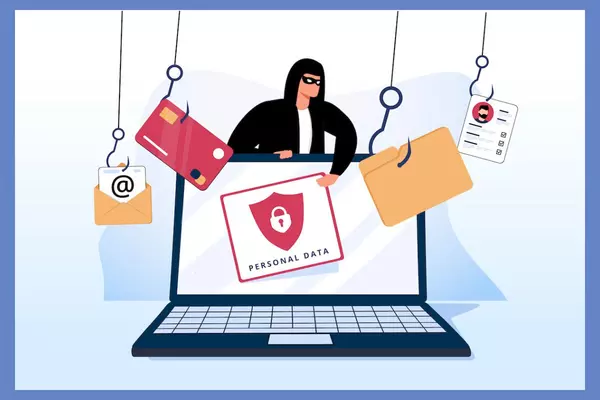
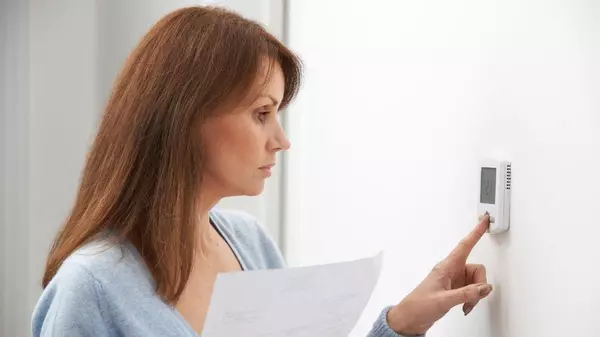
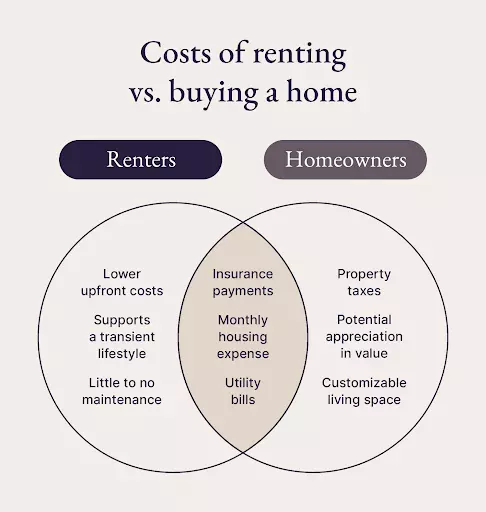
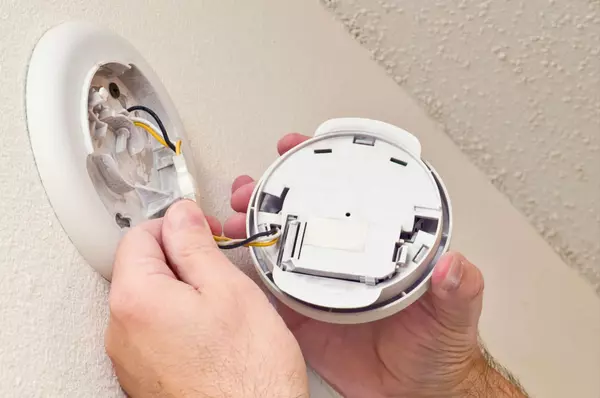
Leave a reply

